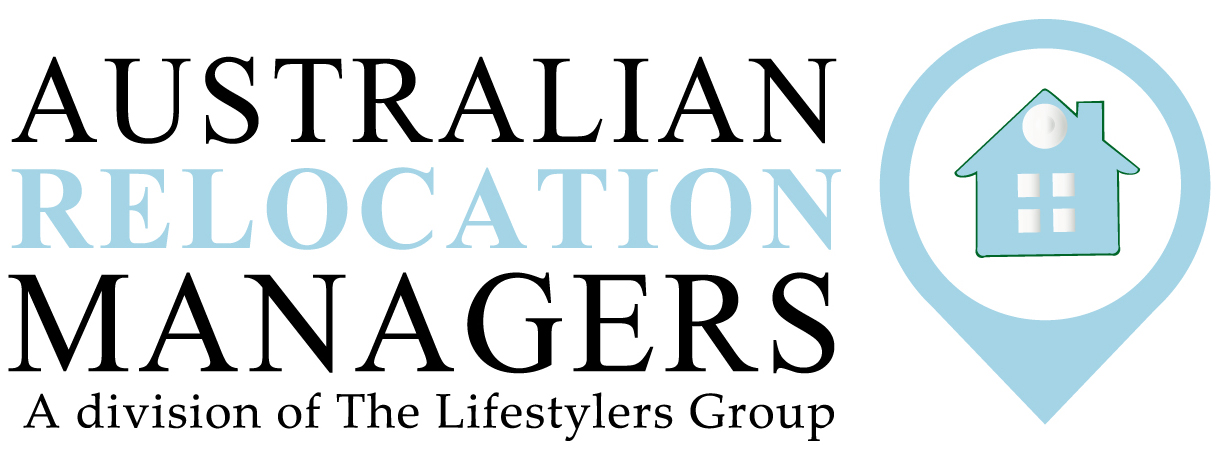
That’s why we’ve pulled together the top 9 mistakes people make when relocating to Australia for work, so you can avoid them and make your move a smoother one.
1. Underestimating the Rental Market
Australia’s rental market, especially in cities like Sydney, Melbourne, Brisbane, Perth and Adelaide is extremely competitive. Many newcomers assume they’ll easily find a home within a few days. In reality, it can take weeks.
Example: One client arrived from London and was shocked to find 40+ people inspecting the same property (and all at the same time). That property was then leased within 24 hours. They had no idea how quickly the market moved.
Tip: Start researching suburbs before you arrive and consider engaging a Relocation Agent to inspect properties and apply on your behalf.
2. Arriving Without Proper Rental Documents
You’ll need the right paperwork to apply for a rental. This includes proof of income, ID and other supporting documents. Many people don’t realise this and miss out on great homes because their application isn’t complete.
Tip: Prepare a rental profile in advance. Include payslips, passport ID, contract and supporting documents.
3. Not Booking Temporary Accommodation in Advance
It’s a common mistake to assume you’ll find a long-term rental within just a few days of arriving. Without temporary accommodation arranged, the pressure can quickly build.
Tip: Book at least 3–4 weeks of temporary accommodation to give yourself time to settle in, explore different suburbs and attend inspections. When we work with clients, we typically allow 4 to 6 weeks to secure a suitable property. Even after you’re offered a rental, there are still a few steps to complete. This includes:
- The lease needs to be prepared and signed
- Bond and initial rent payments must be processed
- Utilities like electricity and water need to be connected
- The real estate agent must complete a condition report before handing over the keys
Allowing for this extra time upfront will help you avoid unnecessary stress and make your transition smoother. You just need to allow for the additional cost of staying in your short term accommodation for longer.
4. Assuming School Enrolment Is Instant
If you’re moving with children, don’t assume you can enrol them in school straight away. Most public schools use catchment zones and require proof of address.
Most schools operate on catchment zones and require proof of address. That means you must have secured a property and have a copy of your signed lease before you can enrol your child. You may even need additional “proof of address” documents to support your application, so you need time to collect these also.
5. Not Understanding Public Transport Zones and Commute Times
Australia’s cities like Melbourne, Sydney, Brisbane, Perth and Adelaide are large and sprawling. Not all suburbs have easy access to trains, trams or buses and traffic during peak hour can dramatically affect travel times. That 15km commute you thought would be quick could easily take 45 minutes or more.
Tip: Use tools like Google Maps or local transport websites (e.g. Transport NSW for Sydney, PTV for Melbourne, Translink for Brisbane, Transperth, and Adelaide Metro) to check commute options before choosing a suburb. Google Maps will usually show a time range (e.g. 28–55 minutes) so always plan based on the longest estimated time, especially if you’ll be commuting during peak hours.
6. Not Budgeting for Upfront Costs
Securing a rental in Australia requires a bond (usually 4 weeks’ rent) plus 4 weeks’ rent in advance. But that’s just the beginning. If you’re buying new furniture, purchasing and registering a car, or paying for removalists and shipping, the costs can add up fast.
Tip: Set aside a relocation buffer fund to cover these extra expenses. Planning ahead financially will help reduce stress and ensure you’re prepared for the true cost of settling in.

7. Assuming Healthcare Is Fully Free
While Medicare covers many essential medical services, not everything is free. Dental care, ambulance services and specialist appointments often come with out-of-pocket costs. Additionally, many Australian doctors no longer offer free “bulk billing,” which means you’ll likely need to pay for GP visits especially for adults.
8. Not Preparing for Cultural Differences at Work
Australian workplaces tend to be informal, collaborative and direct. You might be caught off guard by casual dress codes or relaxed communication styles.
Tip: Observe how others interact and don’t be afraid to ask questions. Work-life balance and respect for personal time are highly valued here.
9. Trying to Do Everything Alone
One of the top 9 mistakes people make when relocating to Australia for work is trying to manage everything on their own. From finding a rental to enrolling kids in school, doing it all yourself can be exhausting. Especially when you’re new to the country and juggling work or family life.
Temporary accommodation in cities like Sydney, Melbourne, Brisbane, Perth and Adelaide can be very expensive. The longer it takes to secure a rental, the more you spend on hotels or short-term stays. That’s money that could go toward setting up your home.
Not having a fixed address can also delay school enrolments, meaning your child may miss valuable time in the classroom. Arriving and moving straight into a rental means they can start school straight away and settle in faster.
Tip: A Relocation Agent can take the pressure off. They know the local rental market, understand the common traps and can guide you through every step. From shortlisting properties and attending inspections to lodging applications and managing move-in logistics. With expert help, you’ll save time, reduce stress and avoid costly mistakes.
